Loading cart contents...
Description
Additional information
| Author | |
|---|---|
| Format | |
| Language | |
| Pages | 288 |
| Publisher | Oxford University Press |
| Year Published |
Be the first to review “Being Mizo: Identity and Belonging in Northeast India” Cancel reply
You must be logged in to post a review.
Related products
-
$0.00
-
$58.80
-
$47.99
Category
- Arts (2)
- Biography (5)
- Ebook (26)
- Family (1)
- Fiction (3)
- Free download (61)
- History (28)
- Journal (1)
- Magazine (1)
- Philosophy (4)
- Politics (36)
- Psychology (1)
- Religion (12)
- Reports (17)
- Thesis & Dissertations (35)


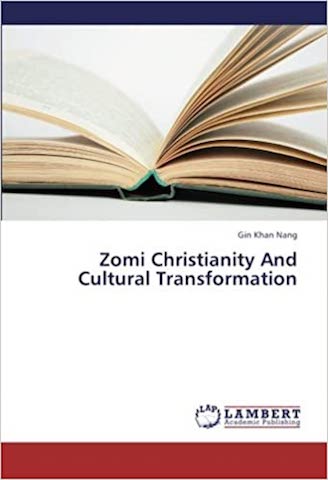
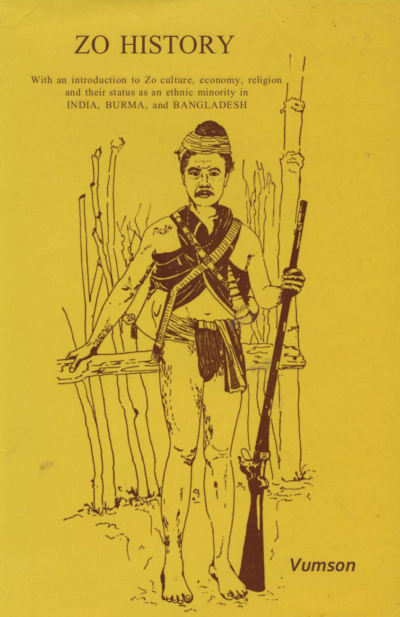
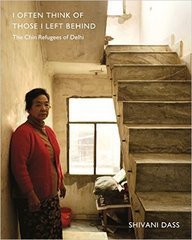
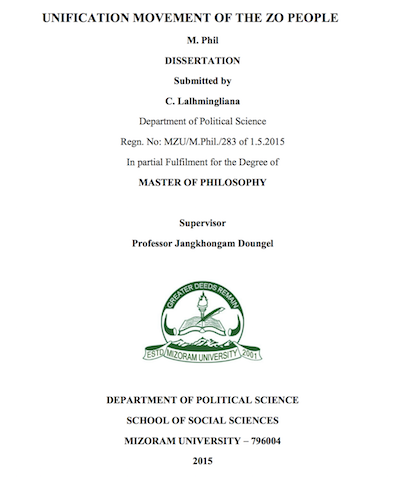
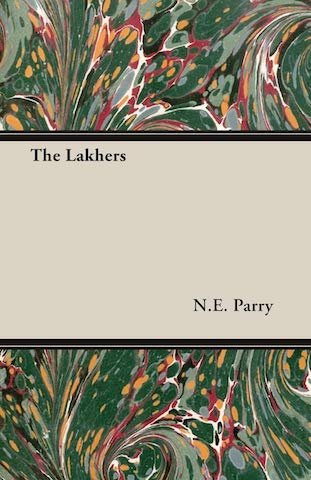
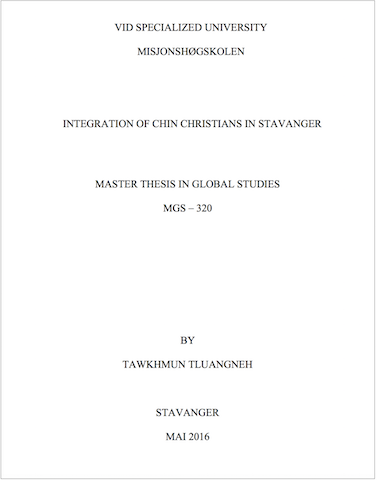
Reviews
There are no reviews yet.